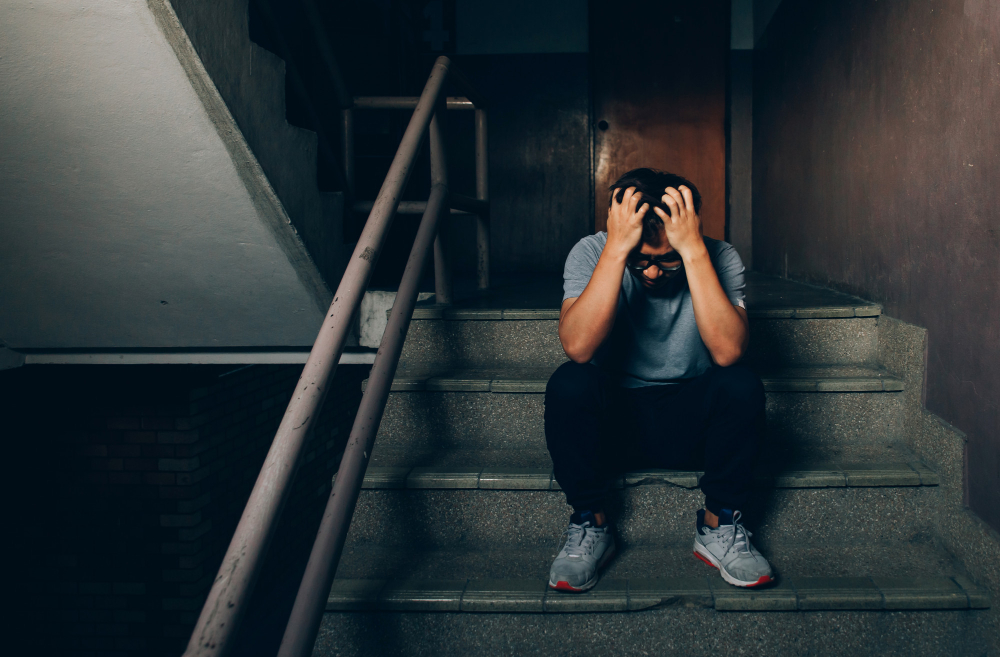
Depression is a prevalent mental health issue that affects millions of people worldwide. Unfortunately, most people with depression never seek help, and their symptoms go unaddressed, leading to negative outcomes such as increased lethargy, poor sleep, and even suicide. In this blog post, we will explore what depression is, its signs and symptoms, and how you can recognize them in yourself or your loved ones. We will also discuss the importance of seeking mental health therapy and how it can help individuals manage their symptoms.
Depression is more than just feeling sad or blue. It is a mental health condition that affects how people think, behave and react. Symptoms of depression can manifest differently in individuals, but there are some common signs and symptoms to look out for. These include feelings of hopelessness, irritability, loss of interest in activities previously enjoyed, difficulty concentrating, changes in appetite and sleep patterns, persistent fatigue, and thoughts of death or suicide.
If you or a loved one is experiencing these symptoms, it's crucial to seek help immediately. Depression is a treatable illness, and the first step towards recovery is often reaching out for support. Mental health therapy can help individuals manage their symptoms by providing them with appropriate coping strategies, a safe space to talk about their feelings, and valuable tools to improve their overall mental health.
It's also essential to recognize that depression is not a personal weakness or character flaw. It is a real illness that can affect anyone, regardless of their age, gender, or social status. Understanding this can help break the stigma surrounding mental health issues and encourage individuals to seek help without feeling ashamed or embarrassed.
In addition to seeking mental health therapy, there are also lifestyle changes individuals can make to manage their depression symptoms. Exercise, healthy eating, meditation, and getting enough sleep can all help improve mental health. It's also important to avoid self-medicating with drugs or alcohol as these substances can worsen depression symptoms and lead to addiction.
Lastly, it's vital to pay attention to your loved ones' behavior and be aware of any changes in their mood, activity level, and behavior. If you suspect someone is struggling with depression, it's essential to approach them with empathy and support. Encourage them to seek help and offer to assist them in finding a mental health professional if needed.
Conclusion
Depression can have a severe impact on an individual's quality of life, but it is a treatable illness. Recognizing the signs and symptoms of depression is the first step towards getting the help needed to manage the condition. Mental health therapy can provide individuals with the tools and support they need to improve their mental health and overall well-being. Don't be afraid to seek help or encourage someone else to do so. Remember, seeking help is a sign of strength, not weakness. If you're looking for mental health therapy in Winter Park, FL, please contact Orlando Thrive Therapy today to learn more about our services.
Rise above any circumstance, for GROWTH, EMPOWERMENT, and better QUALITY of life!
Call today for more information. Follow Orlando Thrive on Facebook or Instagram.
(407) 592-8997
216 Pasadena Pl
Orlando, Florida 32803

Heather Oller is the owner and founder of Orlando Thrive Therapy, Coaching, and Counseling. She is a licensed counselor and a family mediator who has over 23 years of dedicated work as a professional in the mental health field. Through her company's mission, she continues to pave the way for future therapists, and their clients, who want a higher quality of life....and who want to thrive, rather than just survive. You can contact Orlando Thrive Therapy at (407) 592-8997 for more information.